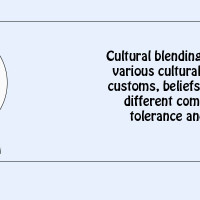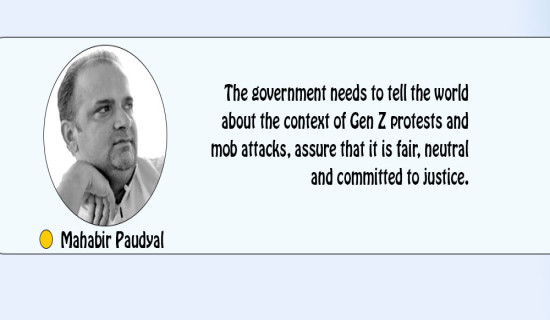- Thursday, 30 October 2025
Rumours Fuel Riots
On late-July to early-August 2024, extensive riots took place in the United Kingdom after a tragic mass stabbing in which three children lost their lives while several were injured. As misinformation spread online about the possible suspect’s identity, there were rumours that the culprit was a Muslim asylum seeker who had landed in UK via a boat. Anti-immigrant feelings surged as violence erupted near a local mosque in Southport. Rioting occurred rampantly during which there were mass vandalism and lootings. The incident had taken place in Southport but it spread to cities like Liverpool, Belfast, Manchester and London. As a result of misinformation fueled by far-right protestors in an anti-immigrant sentiment, there was a growing unrest on the aftermath.
While the disorder was condemned severely, fingers pointed to social media for perpetuating violence over false claims. Thousands were arrested in protests where the participants threw bottles and bricks, police officers were injured and a police van was set on fire. There was no single organising force behind the UK rioting, instead it was a gradual buildup of anger and resentments fueled online, especially through social media. It showed how such media can be used to provoke riots by propagating false rumours with a political agenda.
While the UK faced riots, protestors in Bangladesh took to the streets against the Bangladesh government’s reinstatement of the pre-2018 quota system in government jobs. What started out as student protests turned into a broader non-cooperation movement that demanded the resignation of Prime Minister Sheikh Hasina. Consequently, Hasina fled the country giving space for an interim government.
Why do riots occur and when do protests turn into riots that then incite violence, vandalism and looting? In Bangladesh thousands of protestors forced into official residence of Sheikh Hasina as they defied the military curfew. It showed how people can risk their own safety and even lives when protests escalate. In the UK, people have been dissatisfied with the rising cost of living and the surge of immigrant asylum seekers for several years. The coronavirus pandemic only made it worse. It didn’t help that the Tory government was enmeshed in one scandal after another.
On July 2024, Labour party came into power after a landmark victory in election. UK citizens breathed a sigh of relief only to have the rug pulled from under their feet by the grim stabbings of young children. This was a breaking point that resulted in an uproar and the far-right group took advantage of this to sow misinformation. It led to horrid and atrocious riots that shocked the entire world. As seen worldwide, riots can form a life of its own once the seed of civil unrest is shown. An angry mob can turn ugly at a slightest provocation. Riots are a result of slowly simmering anger that erupts into widespread rebellion once a trigger is incited.
While UK is a developed nation, Bangladesh is an underdeveloped country that until lately was on track to a steady progress. Poor or rich, it seems no country is immune to protests that can turn into riots once the public frustration reaches a breaking point. Here, political leaders and parties too play their unsolicited part by undermining the very citizens who appointed them to power.

















